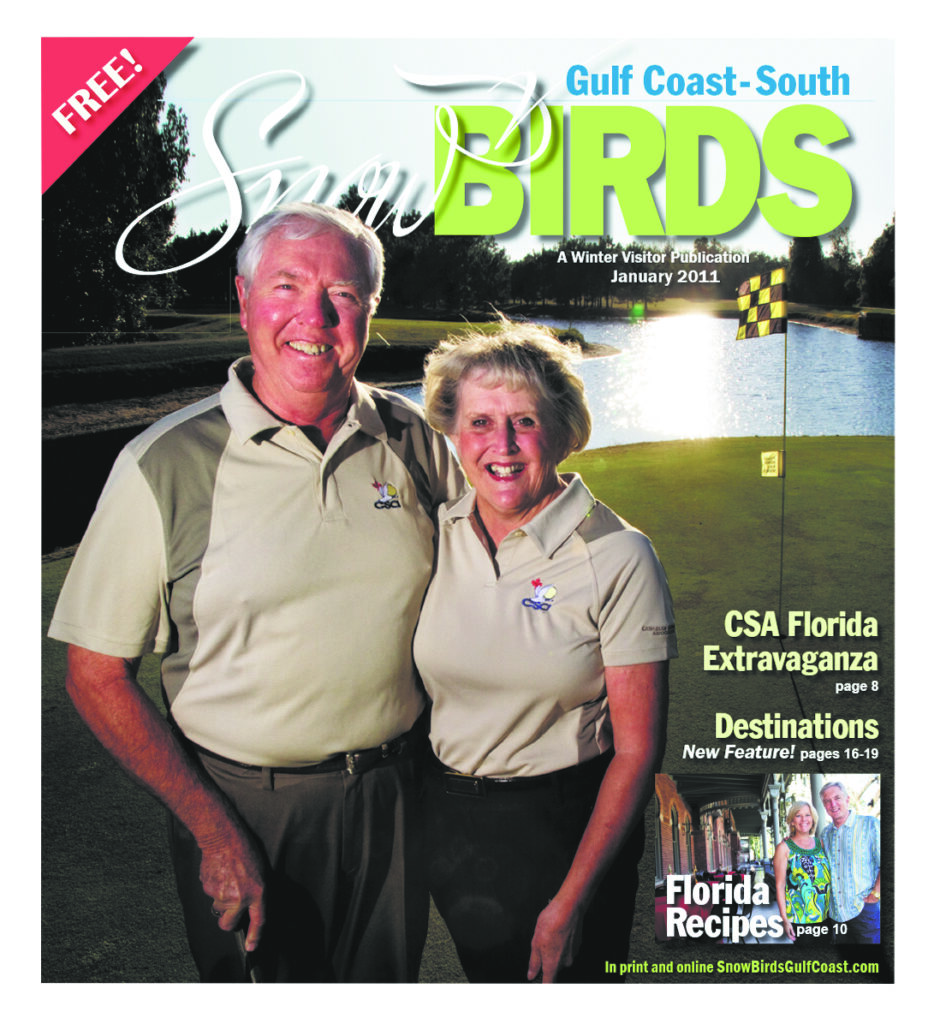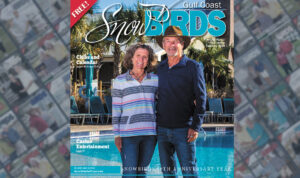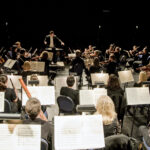
Bob Slack, and his wife, Lois, spend five and a half months each year in at a home they purchased more than a decade ago in Winter Haven, Fla. That is, until this year.
The longtime board member of the Canadian Snowbirds Association (he was president for seven years) and former Catholic school principal has stayed busy since retirement as a lobbyist for both Canadian and U.S. governmental entities. Because of the COVID-19 virus – and Canada’s restrictions on entering the U.S. and returning home, the Slacks won’t be making the trip south this winter.
The big question among tourism officials and industry professionals has been: “Will the Canadians return?”
Q. Canadians are a huge contingent for winter tourism for the southeastern U.S. – do you remember ever having to quarantine?
As an adult, I have never had to quarantine until this year. As a child, I had to quarantine due to scarlet fever.
Q. Do you have a ballpark figure for the number of Canadians who spend a month or more in the U.S. each year? What is the economic impact (estimated)?
More than 500,000 Canadians spend a month or more in Florida. Canadian visitors to Florida number 3.5 million. Spending by these groups amounts to $6.5 billion.
Q. When did you return to Canada this past winter/spring?
We returned on March 21. I had not planned to, but family members were really pushing for us to come home. Our out-of-country travel insurance was in effect. We didn’t have any concerns in that regard.
Q. How closely does the Canadian Snowbird Association work with the Canadian government?
We work very closely with the Canadian government. Any issue that affects the traveling Canadian is fair game for the CSA. One of our big wins was the 10-year passport. Canada was one of the last countries to have a 10-year passport. We lobbied vigorously to get this.
Q. I remember you are an avid golfer, are there any indoor arenas to take some swings in your area?
In the area where we live, there are not any indoor practice facilities for golf. We’ll need to wait for spring.
Q. Do you hear of Canadians considering other destinations such as Mexico or Portugal?
Most people to whom I speak are ready to stay in Canada for the winter. There are a few who have headed to Florida.
Q. Besides golf, what will be the biggest adjustment for you and your wife?
Adjusting to the winter clime will be our biggest challenge. When you have been away from it for so many years, it is difficult. We needed to buy winter boots, coats, clothes, etc.
Q. If you were allowed to come back in November, do you have particular safety protocols you would follow?
If we were allowed to return in November, we would still be very cautious. With the way the pandemic is spreading in Florida, people of our age might be better off to hang in at home if possible.
Q. My understanding is the Canadian health insurance won’t cover ex-pats while in the U.S. Is that true of the Medipac as well?
Health care is a provincial provision. Provincial plans cover very little of out of country travel claims. Therefore, Canadians are encouraged to purchase out of country travel medical insurance. Some companies are covering COVID-19, while others are not. We are most fortunate that Medipac Travel Insurance is covering COVID.
Q. How seriously are Canadians in generally taking precautions for the pandemic? Do restaurants and shops require face masks?
Provinces have what they call “red” zones. These limit number of people in restaurants. Many restaurants are now closed for clients. However, they are allowed to provide take out. Gyms are closed. Many sporting activities are shut down. Everyone is required to wear face masks and practice social distancing. The size of gatherings is also limited. There are substantial fines for those who don’t abide by the guidelines.
Q. Are people willing to eat out? Is having outdoor space important? If/when Canadians are allowed to travel, how important do
you think outdoor space for dining, socializing, and playing will be?
The 20- to 40-year-old age group are the ones most willing to eat out. If traveling, dining outdoors might be acceptable. Most snowbirds to whom I speak are very cautious with socializing and being engaged with others.
Q. Is there anything I haven’t asked that you want to mention?
Permanent RVer’s are a group that has certainly been overlooked. Campgrounds (Canadian and northern U.S.) close in October and open again in May. Where do these people spend their winter? Some have moved in with relatives, others have rented suites
in hotels, and others have nowhere to go—a problem which has to be dealt with.











